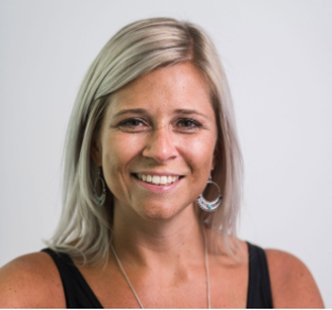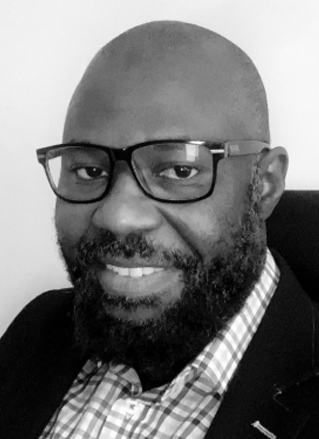Dr Abu-Bakar Halid
Research Fellow
University of Exeter
Dr Halid Abu-Bakar is a Research Fellow in Circular Economy Value Retention at the University of Exeter Business School’s CE-Hub, where he leads the business model and supply chain strand of the UKRI-funded ReMake Value Retention Centre. He also serves as a Senior Associate and academic supervisor at the University of Cambridge Institute for Sustainability Leadership, supporting executive learners on the Postgraduate Diploma and Master of Studies in Sustainable Business. His interdisciplinary work bridges data science, strategic foresight, and sustainability science, with a focus on developing decision-ready tools, most notably contributing scenario-based analytics to the UK’s national Circular Economy Roadmap.
Dr Abu-Bakar has developed a global circular economy dashboard aggregating indicators from over 120 countries and has served as a lead expert to the United Nations Industrial Development Organization (UNIDO), where he led value chain opportunity mapping for Ghana’s three key sectors, agro-processing, plastics, and textiles. He continues to advise on transforming these opportunities into national priorities and incubation-ready business models, and also led the design of Ghana’s circular economy curriculum for tertiary education and business training. His peer-reviewed research spans circular economy roadmapping and other CE strategic frameworks, underpinning collaborations with DEFRA, UNECE, and international industry partners. Recognised for his ability to translate complex sustainability and security challenges into actionable strategies, he is a renowned advisor and educator at the intersection of policy, analytics, and innovation.

